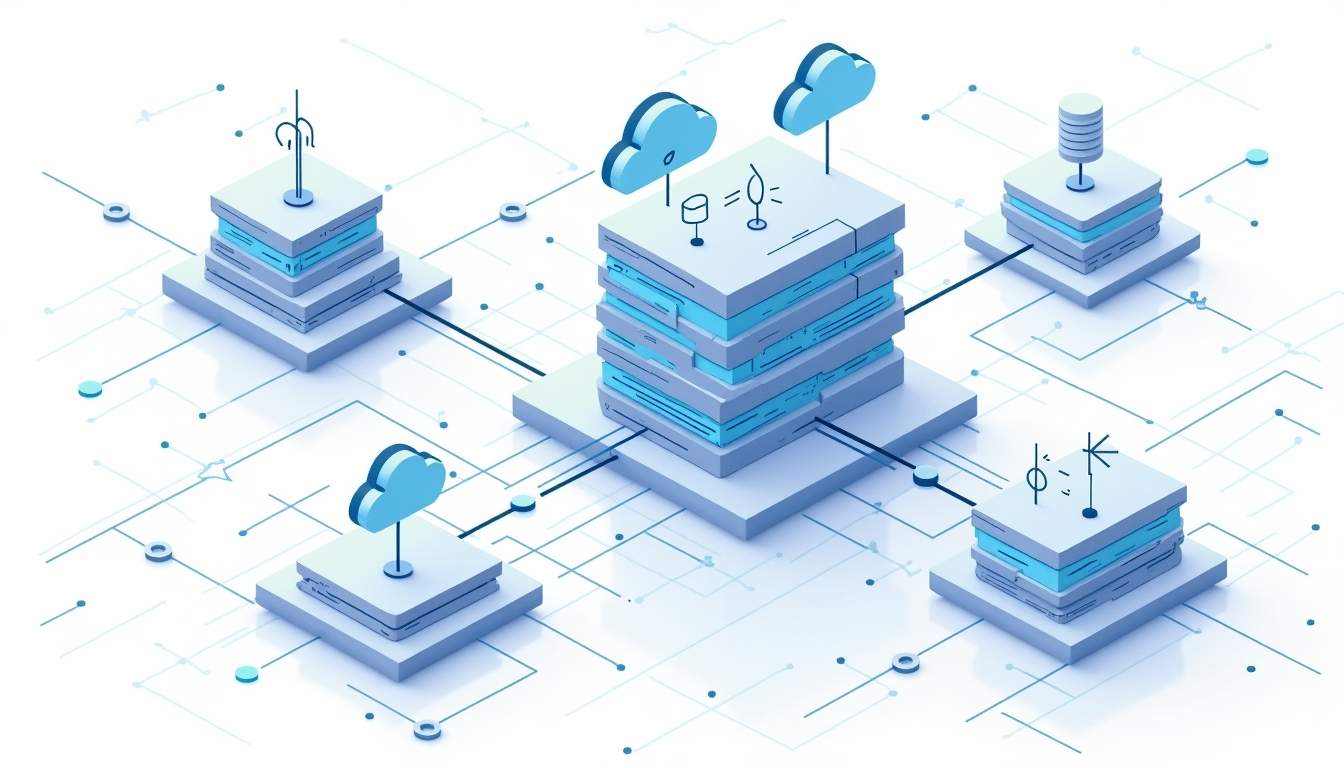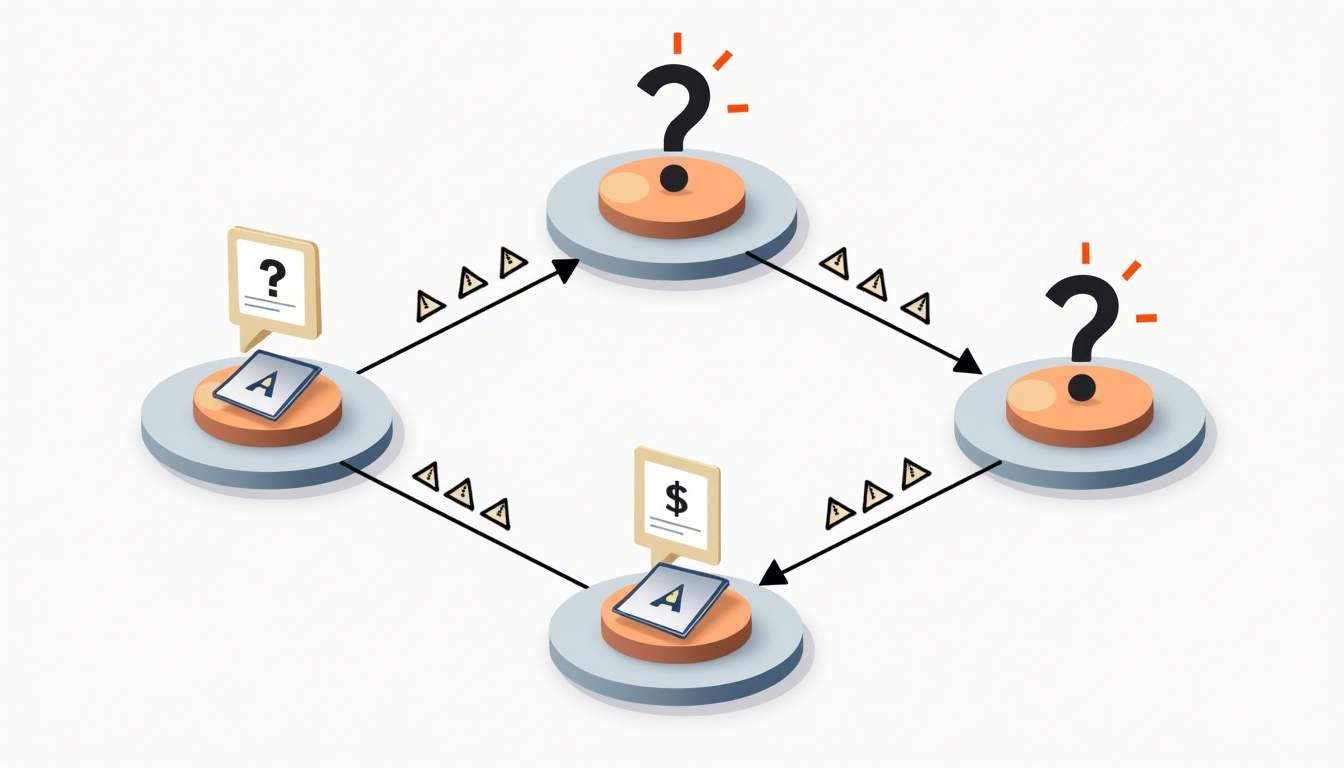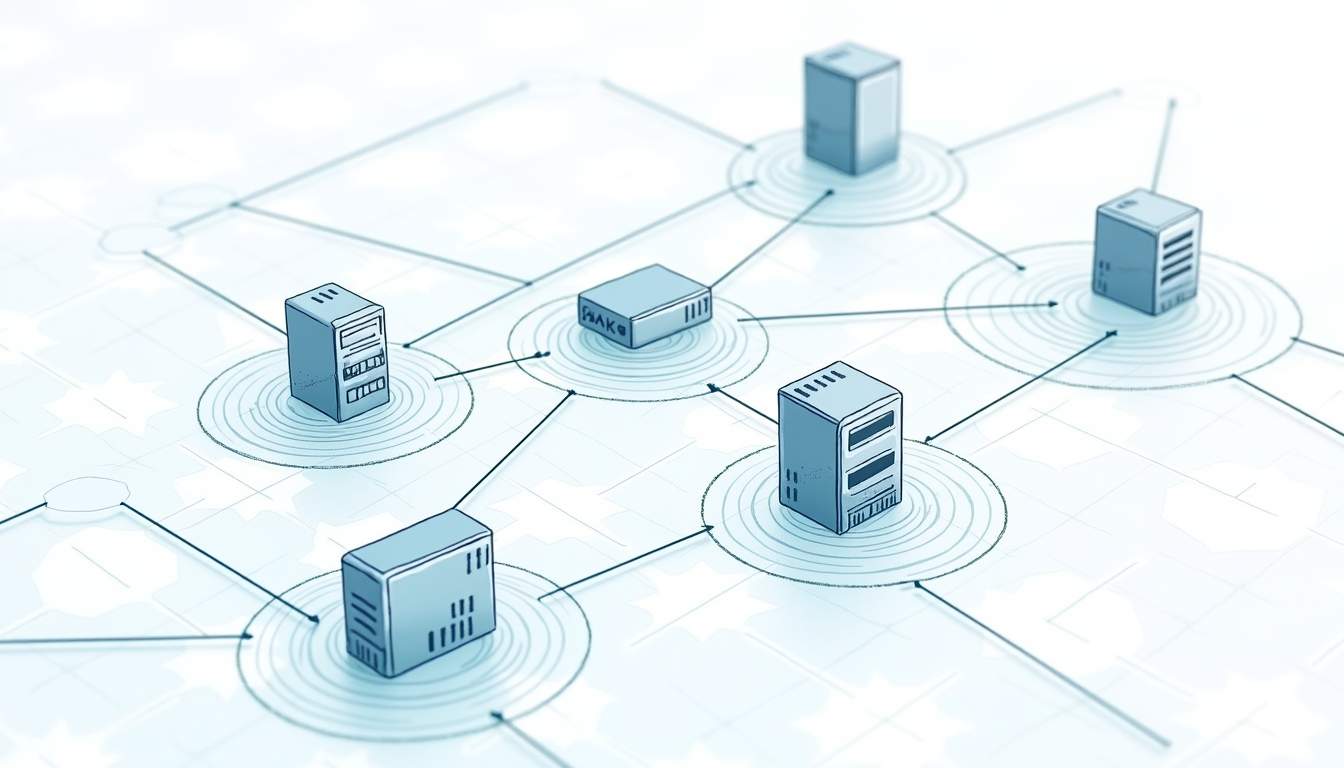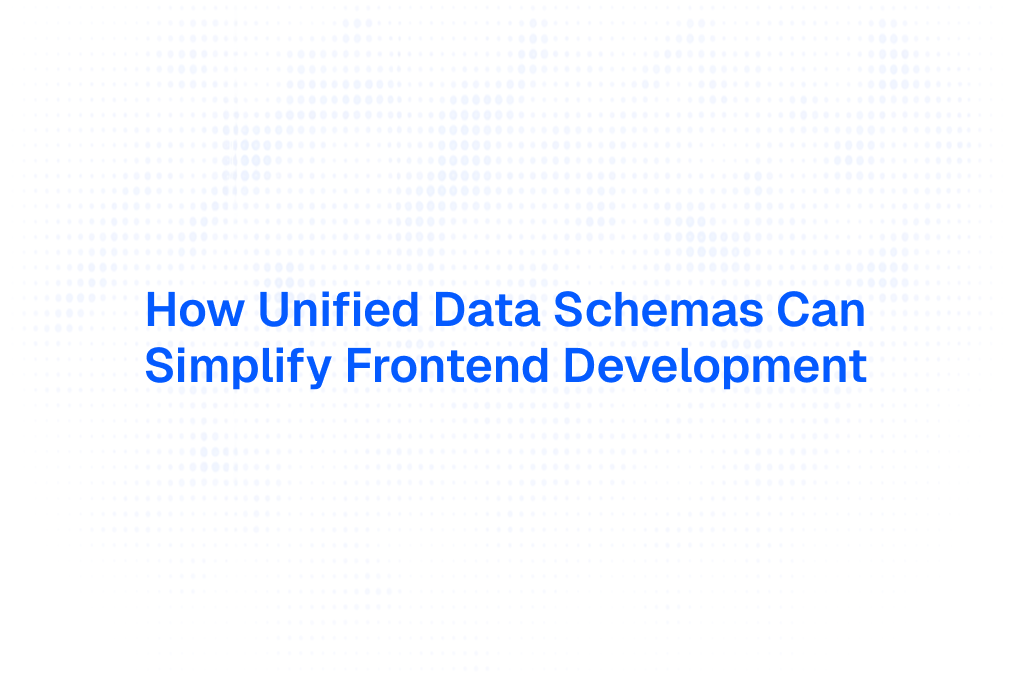Understanding Blockchain RPC Routers
In the rapidly evolving landscape of blockchain technology, the concept of Remote Procedure Call (RPC) routers has emerged as a pivotal component for developers and users alike. This article delves into the intricacies of blockchain RPC routers, their functionality, significance, and how they enhance the interaction between decentralized applications (dApps) and blockchain networks.
What is a Blockchain RPC Router?
A blockchain RPC router serves as an intermediary that facilitates communication between a client application and a blockchain network. It enables developers to send requests and receive responses from the blockchain through a standardized interface. By utilizing RPC, developers can execute functions on the blockchain without needing to understand the underlying complexities of the network.

RPC routers are essential for dApps, as they streamline the process of interacting with smart contracts and accessing blockchain data. They can handle multiple requests simultaneously, ensuring efficient communication and reducing latency in transactions.
How Does an RPC Router Work?
At its core, an RPC router listens for incoming requests from clients, processes these requests, and forwards them to the appropriate blockchain node. The response from the node is then sent back to the client. This process involves several steps:
- Request Handling: The RPC router receives a request from the client, which typically includes a method name and parameters.
- Routing: Based on the request, the router determines which blockchain node should handle it. This is crucial for load balancing and ensuring optimal performance.
- Execution: The selected node executes the request and generates a response, which may include data retrieval or transaction confirmation.
- Response Delivery: Finally, the router sends the response back to the client, completing the communication cycle.
Types of Blockchain RPC Routers
Blockchain RPC routers can be categorized based on their architecture and functionality. The two primary types are:
- Centralized RPC Routers: These routers operate through a single point of control. While they are easier to implement, they can become bottlenecks and present single points of failure.
- Decentralized RPC Routers: These routers distribute the load across multiple nodes, enhancing reliability and scalability. They are more complex to set up but provide better performance in high-demand scenarios.
Benefits of Using Blockchain RPC Routers
Implementing an RPC router in blockchain applications offers numerous advantages, making them indispensable for developers. Some of the key benefits include:

1. Simplified Communication
RPC routers abstract the complexities of blockchain interactions, allowing developers to focus on building features rather than dealing with low-level network protocols. This simplification accelerates the development process and reduces the likelihood of errors.
2. Improved Performance
By efficiently routing requests to the appropriate nodes, RPC routers minimize latency and enhance the overall performance of dApps. This is particularly important for applications that require real-time data access or high transaction throughput.
3. Enhanced Security
RPC routers can implement various security measures, such as rate limiting and authentication, to protect against malicious attacks. By acting as a gatekeeper, they help safeguard the blockchain network from unauthorized access and potential vulnerabilities.
Common Use Cases for Blockchain RPC Routers
Blockchain RPC routers find applications across various sectors, demonstrating their versatility and importance. Some notable use cases include:
1. Decentralized Finance (DeFi)
In the DeFi space, RPC routers enable seamless interactions between users and financial protocols. They facilitate transactions, liquidity provision, and yield farming, allowing users to engage with multiple DeFi platforms efficiently.
2. Non-Fungible Tokens (NFTs)
For NFT marketplaces, RPC routers play a crucial role in fetching metadata, verifying ownership, and executing transactions. They ensure that users can buy, sell, and trade NFTs without delays or complications.
3. Gaming Applications
Blockchain-based games rely on RPC routers to manage in-game assets and interactions. These routers ensure that players can access real-time data and perform transactions smoothly, enhancing the gaming experience.
Challenges and Considerations
While blockchain RPC routers offer numerous benefits, they also come with challenges that developers must consider. Understanding these challenges is essential for effective implementation.

1. Scalability Issues
As the number of users and requests increases, RPC routers can become overwhelmed, leading to performance degradation. Developers must design their routers to handle scaling efficiently, often requiring load balancing and redundancy strategies.
2. Security Vulnerabilities
Despite their security features, RPC routers can still be susceptible to attacks. Developers must stay vigilant and implement best practices, such as regular audits and updates, to mitigate potential risks.
3. Compatibility with Multiple Blockchains
In a multi-chain ecosystem, ensuring compatibility across different blockchain networks can be challenging. Developers need to create flexible RPC routers that can adapt to various protocols and standards.
Best Practices for Implementing Blockchain RPC Routers
To maximize the effectiveness of blockchain RPC routers, developers should adhere to several best practices:
1. Optimize Performance
Implement caching mechanisms to reduce the load on blockchain nodes and improve response times. Additionally, consider using asynchronous processing to handle multiple requests concurrently.
2. Ensure Robust Security
Incorporate authentication and authorization protocols to safeguard against unauthorized access. Regularly update the router software to patch vulnerabilities and enhance security features.
3. Monitor and Analyze
Utilize monitoring tools to track the performance of the RPC router. Analyzing request patterns and response times can provide valuable insights for optimization and troubleshooting.
Conclusion
Blockchain RPC routers are integral to the functionality and efficiency of decentralized applications. By simplifying communication, improving performance, and enhancing security, they enable developers to create robust and user-friendly blockchain solutions. As the blockchain ecosystem continues to evolve, understanding and leveraging the capabilities of RPC routers will be crucial for developers aiming to build innovative applications that meet the demands of users and the market.
Ready to elevate your dApp development experience? With Uniblock, you can harness the power of a Web3 infrastructure orchestration platform designed to streamline your connection to blockchain data. Join the ranks of over 2,000 developers who are already enjoying the benefits of Uniblock's single API endpoint for seamless RPC, API, and webhook traffic management. Say goodbye to vendor lock-in, reduce latency, and cut infrastructure costs while scaling your project with confidence. Start building with Uniblock today and focus on innovation, not infrastructure.
.svg)

.png)




